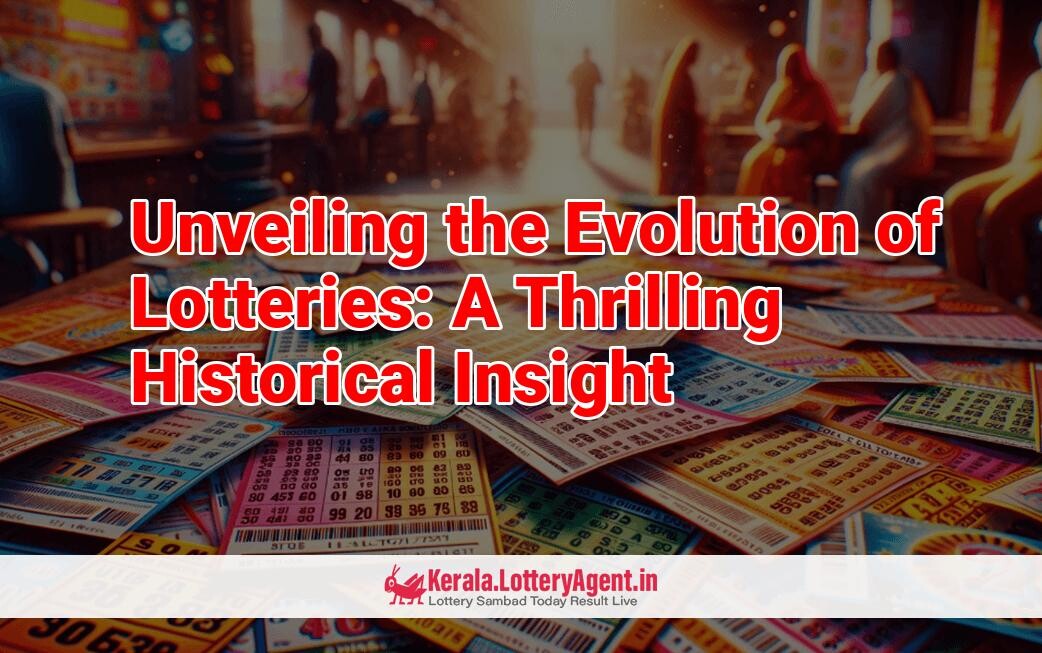
If lotteries pique your interest, the origins and evolution of this popular game might intrigue you. How did the lotto commence, and whence did it arise?
The lottery boasts a storied past, and we’re delving into it in this feature. From antiquity to the digital age, join us on an enlightening journey through the history of the lottery!
Lotteries of yore differed from today’s versions, sometimes resembling keno or involving guessing statistical facts. Here’s a condensed history through various eras:
The lottery’s roots stretch back over two millennia. Historians pinpoint the genesis of the lottery to China’s Western Han Dynasty, where the “white pigeon game” was born – a precursor to modern-day keno. White pigeons carrying result notices to far-flung regions earned the game its moniker. Some profits reportedly contributed to constructing the iconic Great Wall.
Ancient Greece employed randomness, not lotteries, in governance, using a kleroterion to draw civic leaders, aiming for a corruption-resistant democracy.
Lotteries also flourished in Ancient Rome, initially as elite pastimes at social gatherings, where guests might win party favors, though not always through fair play. Citizens had their chance during Emperor Augustus’ reign, who redirected war spoils as lottery prizes to fund Rome’s expansion.
The word “lottery,” however, emerged centuries later. Around the 15th century, the Dutch and Belgians coined “lot,” as these games spread rapidly across Europe. Cities like Venice and Florence adopted lotteries to finance infrastructure, paving the way for public fundraising through chance.
In 1569, Queen Elizabeth I initiated England’s first national lottery to bolster state coffers, with high-priced tickets and lavish prizes, including cash and luxurious goods, spawning 10,000 winners, all selected personally by the Queen.
The lottery tradition blossomed in 17th-century France, where towns banded together for a collective purpose – funding fortifications. They entrusted the drawing of winners to a blind child, believing in the purity of chance. Later, King Louis XVI would monopolize lotteries, inaugurating a state-controlled national game active until the practice ceased in 1836 due to social concerns, only to return in the 1930s.
Portugal, too, embarked on national lotteries in the 18th century. The Loteria Clasica, established as a charity sweepstake, channeled proceeds into public institutions like the Royal Academy of Sciences and Lisbon’s Royal Hospital.
One of the longstanding lotteries in existence, Spain’s El Gordo, emerged in 1812. Born from a cash-strapped government during wartime, it featured gold pots and orphaned boys drawing numbers, becoming an inseparable part of the nation’s Christmas celebrations.
Across the ocean, America’s earliest lottery took place in 1655, requiring participants to guess the number of bibles sold in New York. Colonial lotteries were common, and the Continental Congress even launched one in 1776 to fund the Revolution.
Today, lotteries are a global phenomenon. In the modern American timeline, lotto traces back to a 1964 horse race predictions game. Fast forward, and juggernauts like US Powerball and MegaMillions reign supreme, offering colossal jackpots and capturing international attention.
Each continent boasts its prominent lotto games. Canada cherishes its Lotto 6/49, Europe harbors national treasures like Germany Lotto, with Camelot spearheading Britain’s offerings. Asia delights in games like Loto 7 Japan, and Australia has its own Powerball Lotto among others.
With modern lotteries, licensing is vital, ensuring games are legitimate and regulated. Players can choose between the traditional offline ticket purchase or the convenience of online platforms.
Interestingly, not all countries welcome lotteries, with gambling opposition rooted in religious and governmental stances. Some Islamic nations prohibit it, while some governments restrict online access.
The Dutch National Lottery claims the title of the oldest active lotto from 1726, and Spain’s El Gordo stands prominent in tradition. Record-breaking jackpots have surpassed the billion-dollar threshold, with the highest US Powerball prize reaching $1.586 billion in 2016, shared by three lucky ticket holders. The largest single win, however, went to an anonymous South Carolinian, scooping $1.53 billion on Megamillions in 2018.
What does the future hold for lotteries? Their popularity and adaptability suggest a permanent place in our societies. Online-only lotteries are emerging, and with technological advancements, access and variety are expanding.
The lottery has come a long way. Profits often benefit public causes, the thrill remains, and there are countless games to explore globally. Whether you’re a lottery rookie or a seasoned player, the time is ripe to dive into the exhilarating world of lotto.











